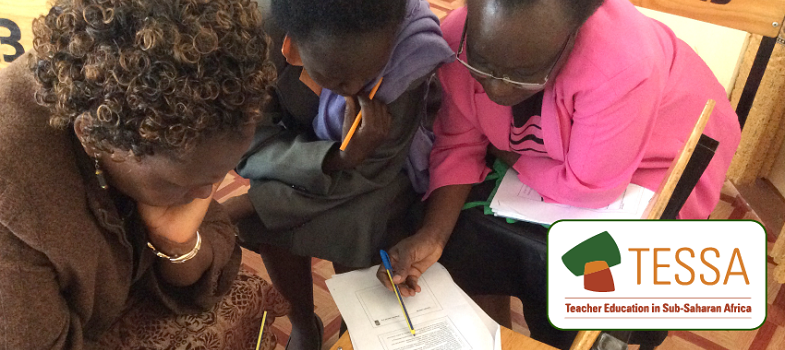Key Resource: Being a resourceful teacher in challenging circumstances
Many teachers work in difficult contexts. They may have large classes. They may have few resources. The pupils in these contexts are not likely to have resources at home to compensate for limited school resources.
A group of teachers working in such circumstances recently brainstormed suggestions about how to be resourceful despite such difficult conditions. They came up with many ideas and decided that the following seven were most useful:
- Make maximum use of the local environment as a teaching aid. All schools have an environment that can be exploited for discussion, investigations and sources of classroom data.
- Make maximum use of the local community as a teaching aid. Parents and others are an important source for stories, for remembering what things were like in the past, and for having opinions on everyday issues.
- Exploit the communication systems currently in place. Nearly all communities now have access to radio, often with many channels available. Use the systems available to stimulate debate and discussion.
- Make teaching aids from materials around the school. Old boxes, magazines, newspapers and even plastic bottles can be turned into teaching aids (one of the teachers in the discussion group described how she had built a model of a volcano using such materials, the model could be opened out to show the ‘inner workings’ of the volcano).
- Cooperate with other schools, directly or by exchange of letters. This can be highly motivating for pupils and it opens up all sorts of possible exchanges of information (for example, exchanges of information between urban and rural schools can lead to interesting comparisons).
- Let the school become a resource for the local community: one teacher described how mothers joined in the reading classes and thus improved their own literacy.
- Set up a school garden: plants can be grown in even a small area. Pupils of all ages can benefit from participating in the planning, planting, growing and use stages in the development of a garden.
The TESSA programme would like to receive letters or emails about ideas for teaching in challenging conditions.
Select the next Key Resource you are interested in by clicking on the resource titles on the left-hand side of this screen.



